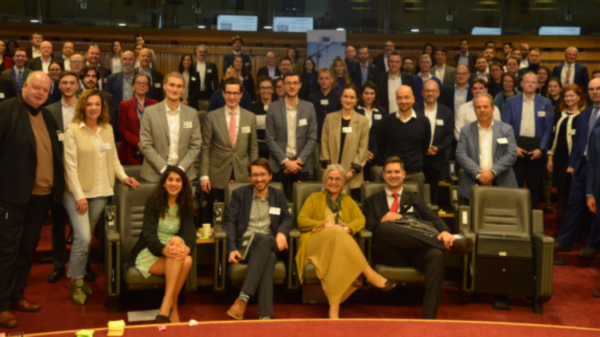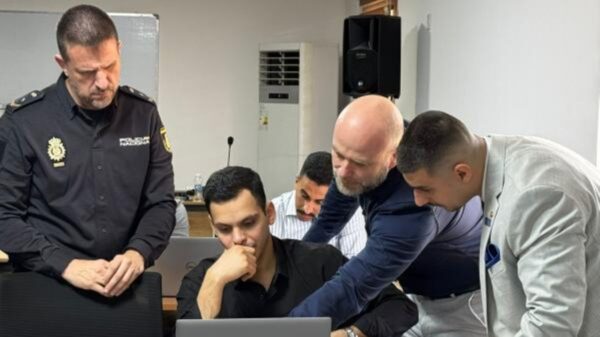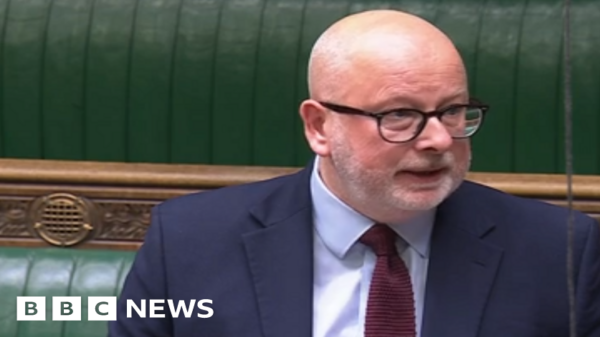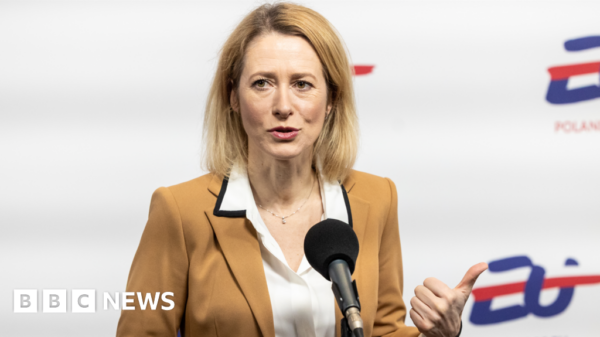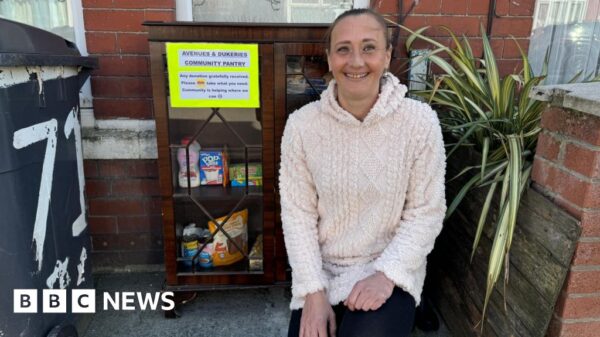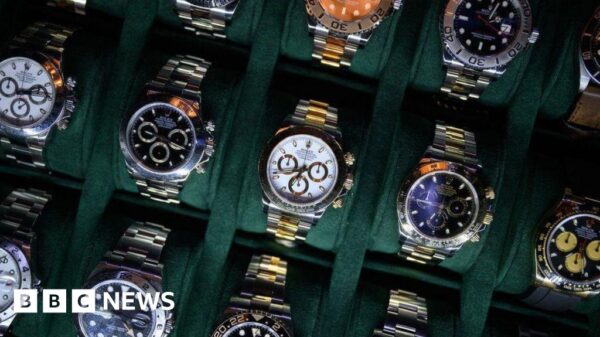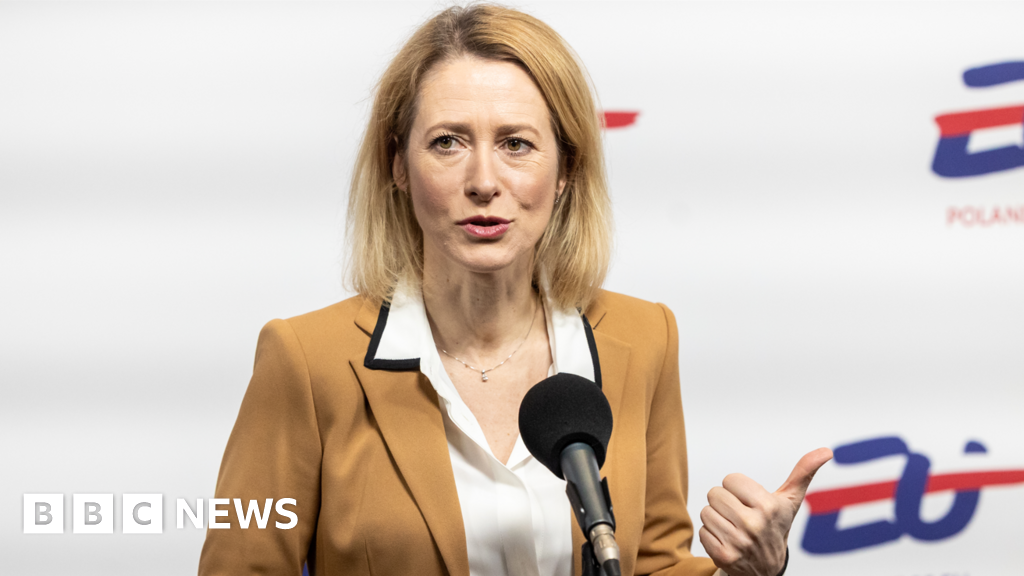The EU’s foreign policy chief has suggested negotiations over post-Brexit fisheries rights should not hold up talks on a new EU-UK defence pact.
There are reports that EU countries wants to link future access to British waters to ongoing talks on a wider “reset” in areas including defence spending.
Speaking to the BBC, Kaja Kallas said she was hopeful a wider deal could be struck at an EU-UK summit scheduled next month.
But she added she was “surprised at how important the fish are, considering the security situation” amid the war in Ukraine.
Sir Keir Starmer’s government is aiming to strike a defence pact with the EU alongside a wider renegotiation of the UK’s trading relationship.
A defence deal would pave the way to greater UK involvement in EU-wide defence research and joint procurement projects, as well as potentially unlocking full British access to a €150bn EU loans scheme announced last month.
But there have been reports that EU countries, notably France, want to link the wider reset talks to negotiations over fishing arrangements that are due to expire in June next year under the post-Brexit trade deal.
Brussels is also reportedly keen for the UK to agree a new youth visa deal, despite Labour previously ruling out the UK taking part in an EU-wide scheme.
Asked whether a row over fishing could hold up a defence pact, Kallas, who took up her current EU role in December, said: “Fish apparently are very important also when it comes to diplomatic relationships”.
The former Estonian prime minister added: “I’m actually surprised at how important the fish are, considering the security situation”.
“But I am definitely pushing this from my side, because I think the UK is a very important defence and security partner.
“It’s the most logical defence and security partner that we have, and it’s a beneficial relationship for both sides.”
Kallas is not the first senior EU official to suggest that talks over fishing rights should not block a security deal. In February, European Council President António Costa said the two areas “cannot be put on the same level”.
However, Sweden’s EU affairs minister Jessica Rosencrantz recently suggested the two could be linked, telling Politico in an interview last month: “I think we have to find a way where we can do both”.
UK fisheries minister Daniel Zeichner told MPs last month that other countries were “pushing very hard” on the fisheries issue, although two weeks later he denied there was any “linkage” between fisheries and the wider reset talks.
Talks have taken place on what will replace fisheries rights agreed as part of the Brexit trade agreement, when they expire in June 2026 alongside agreed rules on energy co-operation.
The fisheries industry is only small in the overall context of the UK-EU economic relationship, but has long occupied a prominent political importance.

